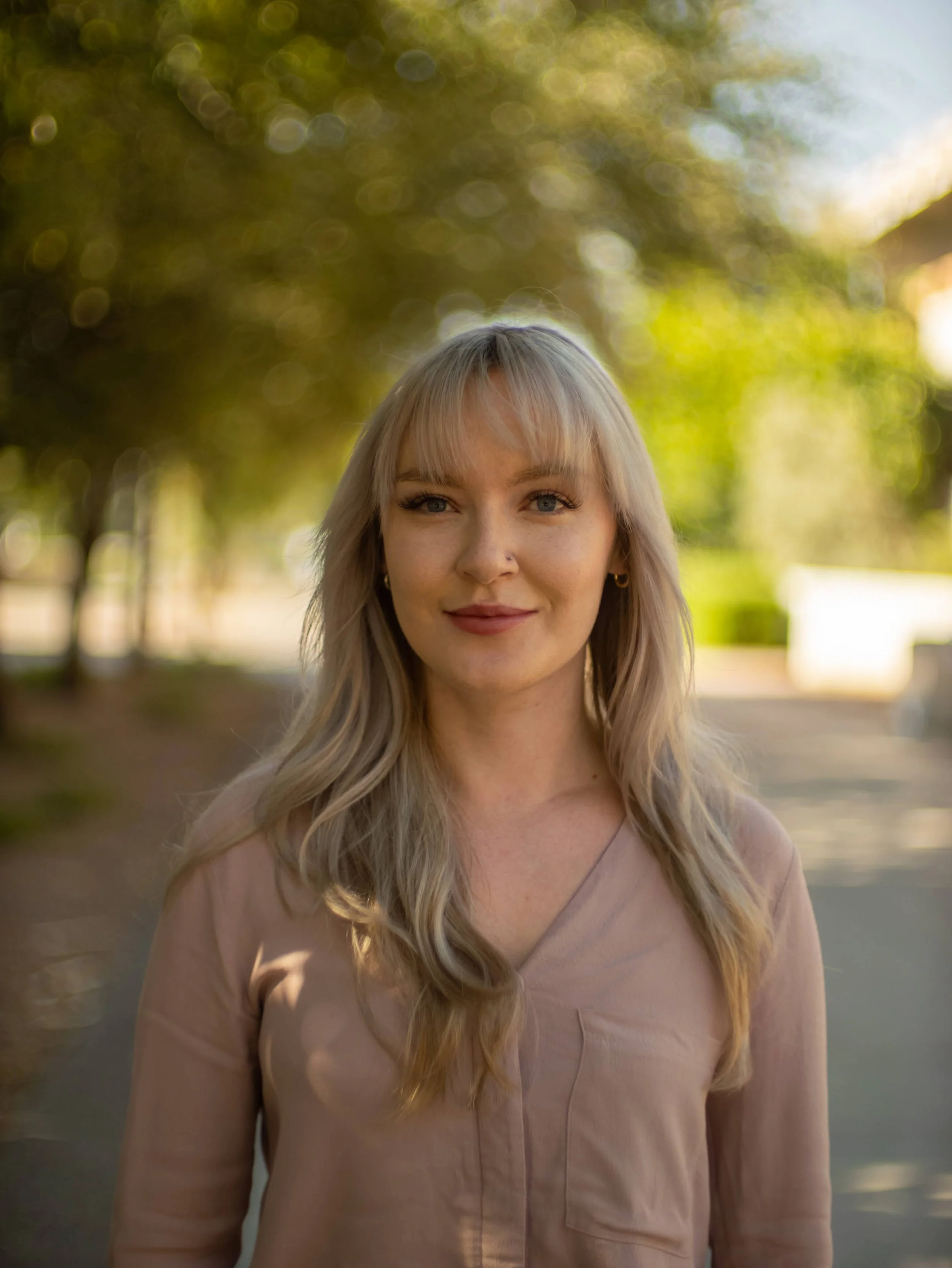Hi, I’m Austin.
Through research and evidence-based treatment, I aim to support youth and families experiencing stress and adversity.
I am a clinical scientist with an interest in understanding the factors that promote resilience in youth and families, and in utilizing evidence-based treatments to do so. I have published numerous peer-reviewed papers in this area and have presented my work at national and international conferences. Clinically, I have over six years of experience working as a therapist with children, adults, and families experiencing psychological challenges and life stressors. I have several years of training in psychological testing, including assessment of intellectual functioning, academic achievement, and autism spectrum disorder. During my doctoral training at Arizona State University, I taught undergraduate coursework in child and adolescent psychopathology and was honored with the Psychology Graduate Student Pedagogy Award for excellence in teaching. I received my Ph.D. in clinical psychology in 2025 following completion of a predoctoral clinical residency at Cincinnati Children’s Hospital.
I am currently an NIH-funded T32 postdoctoral fellow in Developmental Psychobiology, Psychopathology and Behavior at the University of Colorado, Anschutz Medical Campus. I live in Denver, Colorado with my husband, dog, and two cats. In my free time, I like to see live music, travel, take barre and pilates classes, and scope out local restaurants for gluten free food.
About Me
My program of research uses rigorous methods (e.g., advanced statistical approaches; longitudinal datasets) and interdisciplinary partnerships with healthcare and child welfare systems to examine mental and physical health outcomes among youth in out-of-home care. The goal of this work is to identify those most in need of screening and intervention and to reduce health disparities.
As a postdoctoral fellow, I am building an independent program of research that:
Identifies predictors and mediators of health outcomes among youth in out-of-home care;
Investigates sources of under- and misdiagnosis (e.g., provider bias, medical mistrust) among minoritized youth in out-of-home care; and
Leverages healthcare and child welfare systems to improve detection and timely intervention.
Through this work, I aim to advance health equity using rigorous methodology, community partnership, and policy impact.
Example Studies
Parent-child separation and intergenerational transmission of substance use and disorder: Testing across three generations
Austin J. Blake, David P. Mackinnon, Jack Waddell, & Laurie Chassin (2024)
Development & Psychopathology
Parent-child separation “set off” a chain of risk for greater substance use and substance use disorder to the second and third generation among families without first-generation (i.e., grandparent) substance use disorder.
Long-term effects of pre-adoptive risk on emotional and behavioral functioning in children adopted from foster care
Austin J. Blake, Matthew Ruderman, Jill M. Waterman, & Audra K. Langley (2022)
Child Abuse & Neglect
Among children adopted from foster care, prenatal risk (largely related to prenatal substance exposure) had little long-term effect on development. However, postnatal risk (related to environmental adversity experienced prior to adoption) predicted adverse mental health outcomes into adulthood.
Estimating the impact of out-of-home placement on health risk behavior in adolescents exposed to maltreatment: An advanced causal inference approach
My dissertation work investigated effects of parent-child separation on health risk behavior in adolescence and young adulthood among maltreated youth. My study was the first to use modern quantitative methods for causal inference to test effects of out-of-home placement on later health risk behaviors among maltreated adolescents. Placement during adolescence, accounting for numerous confounding variables, increased risk for substance use and sexual risk behavior into adulthood.
My research has seen generously funded through a predoctoral Ruth L. Kirschstein National Research Service Award (F31 HD108871-01A1) from the the Eunice Kennedy Shriver National Institute of Child Health and Human Development and a Scholar Award from P.E.O. International.



